Mandy Jacobson talks about her South African documentary Plot for Peace.
South African documentary Plot For Peace tells the story of the end of apartheid from the point of view of a mysterious French businessman called Jean Yves Ollivier, whose dealings influenced Nelson Mandela’s release from prison and helped to broker peace between South Africa and its neighbouring states.
The film’s director Mandy Jacobson came across a two minute clip of Ollivier, who was in Cannes to promote the project, whilst trawling through hundreds of hours of archive footage collated by the African Oral History Archive, which also funded the film.
“He had been involved in a prisoner exchange with Angola but he never spoken about his story. The more we started talking to him, the more we discovered his involvement in the behind the scenes diplomacy. We spent months trying to convince him that the story should be told,” says Jacobson, who won two Emmys for her 1996 documentary Calling The Ghosts.
Written by former Africa editor of Le Monde, Stephen W Smith, the film is more “narrative thriller” than traditional documentary. “We found there was so much action in Jean Yves story, the secret meetings, the risking his life. We really want it to feel like you are watching a feature film,” says Jacobson.
Sold internationally by Wide Management, the film combines archive footage and interviews with heads of states, diplomats and key players including Winnie Mandela, although the team were unable to secure an interview with Mandela himself. “We tried but in the last three years interviews have not been possible,” says Jacobson, who says she would have asked him about “the role of regional efforts facilitating apartheid.” because “for me, that’s the hook.”
After enticing buyers with the project in the market, it will go on the screen at Sheffield Doc/Fest, with plans for a theatrical release, particularly in South Africa and France. “Audiences around the globe have a fascination with South Africa, whether it is how it relates to racisim or issues of reconciliation in their countries,” says Jacobson, who is also hoping that the project will connect with younger audiences. “The born free generation, those born after 1990, they don’t know much about the Apartheid. The challenge for film makers like us is how to make historical subjects relevant for a younger audience”

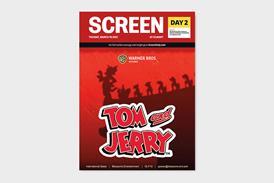



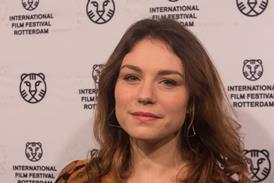
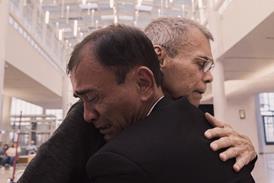
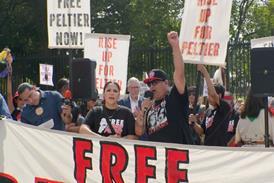



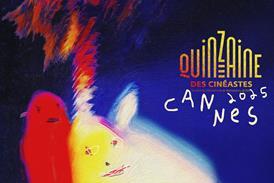
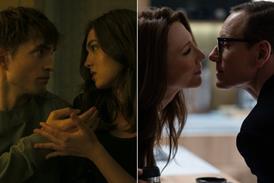











No comments yet